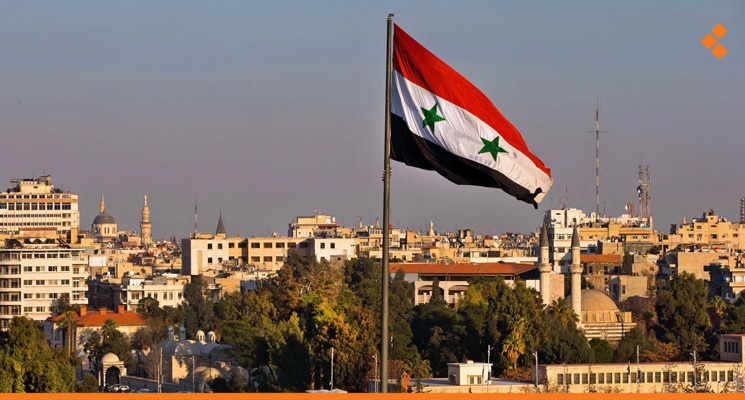After the significant developments in the Middle East, particularly in Syria, during recent times, there has been a shift in focus within political circles toward the consequences of these developments and the subsequent steps that will be taken. It has become evident that these are not immediate changes but rather the inception of a new phase and trajectory.
Middle East Eye has termed this upcoming phase as the “post-2011” era. In an article, it stated: “It can be observed that the era of 2011 is now drawing to a close. The recent changes in regional diplomacies, such as Turkey’s reconciliation with its Gulf counterparts, Saudi Arabia’s thawing of relations with Iran, and Syria’s reintegration into the Arab League, indicate that the international relations of the Middle East are gradually shifting away from a perspective primarily influenced by the consequences of the Arab Spring.”
Despite these developments, the United States maintains its opposition to fostering closer ties with Syria. It continues to impose stringent sanctions to prevent Arab countries, particularly Gulf nations, from engaging in economic and commercial dealings with Syria. However, now that Syria has rejoined the Arab community, and with an active Arab role in promoting a political settlement, the challenge for Arab nations lies in persuading the United States and the European Union to align with their chosen path for resolving the Syrian crisis.
The primary obstacle in this endeavour will be expediting the commencement of the reconstruction process. This can be achieved by outlining and defining a comprehensive range of activities, including stabilization, early recovery, and rehabilitation, while simultaneously incorporating political and economic reforms that the Syrian government intends to undertake.
Without undertaking the crucial task of reconstruction, stability in Syria will remain elusive, and the foreign military intervention will persist. This is particularly challenging for Arab countries, especially those in the Gulf, as they navigate the situation under the weight of sanctions imposed by both the United States and the European Union. Of notable significance among these sanctions is the Caesar Act, passed by the US Congress, which directly targets the Syrian government and imposes secondary sanctions on those who engage with it. Nevertheless, certain Arab states wield influence in Washington and major European capitals, enabling them to advocate for the flexibility required to initiate Syria’s reconstruction.
In an attempt to shed light on Washington’s staunch position regarding rapprochement with Damascus, the Lebanese newspaper Al-Akhbar states, “The opposition of Washington and the European Union to Arab normalization with Damascus and Russian efforts to reconcile Damascus and Ankara does not stem from an understanding of the Syrian situation, but rather from a new American perspective on the post-Ukrainian war global order. This new perspective has led to the emergence of a Chinese-Russian-Iranian bloc facing the NATO-Japan-South Korea-Australia bloc, with a neutral stance from countries such as India, South Africa, and potentially Saudi Arabia and Brazil, who are cautiously feeling their way forward. In this context, Washington perceives Syria as a battleground between these two camps, akin to Ukraine and Taiwan. Consequently, through their recent aggressive stance on the Syrian issue, the Americans no longer view events in Syria in the same light as they did prior to February 24th, 2022.”
Since 2018, signs of Syria’s reintegration into its Arab surroundings have emerged. These signs were manifested through the reopening of the UAE embassy in Damascus, followed by visits from Arab officials, including UAE Foreign Minister Abdullah bin Zayed. This paved the way for Syria’s reinstatement in the Arab League, as decided by the League on May 7th, and culminated in President Bashar al-Assad’s participation in the Arab summit.
This article was edited by The Syrian Observer. The Syrian Observer has not verified the content of this story. Responsibility for the information and views set out in this article lies entirely with the author.


